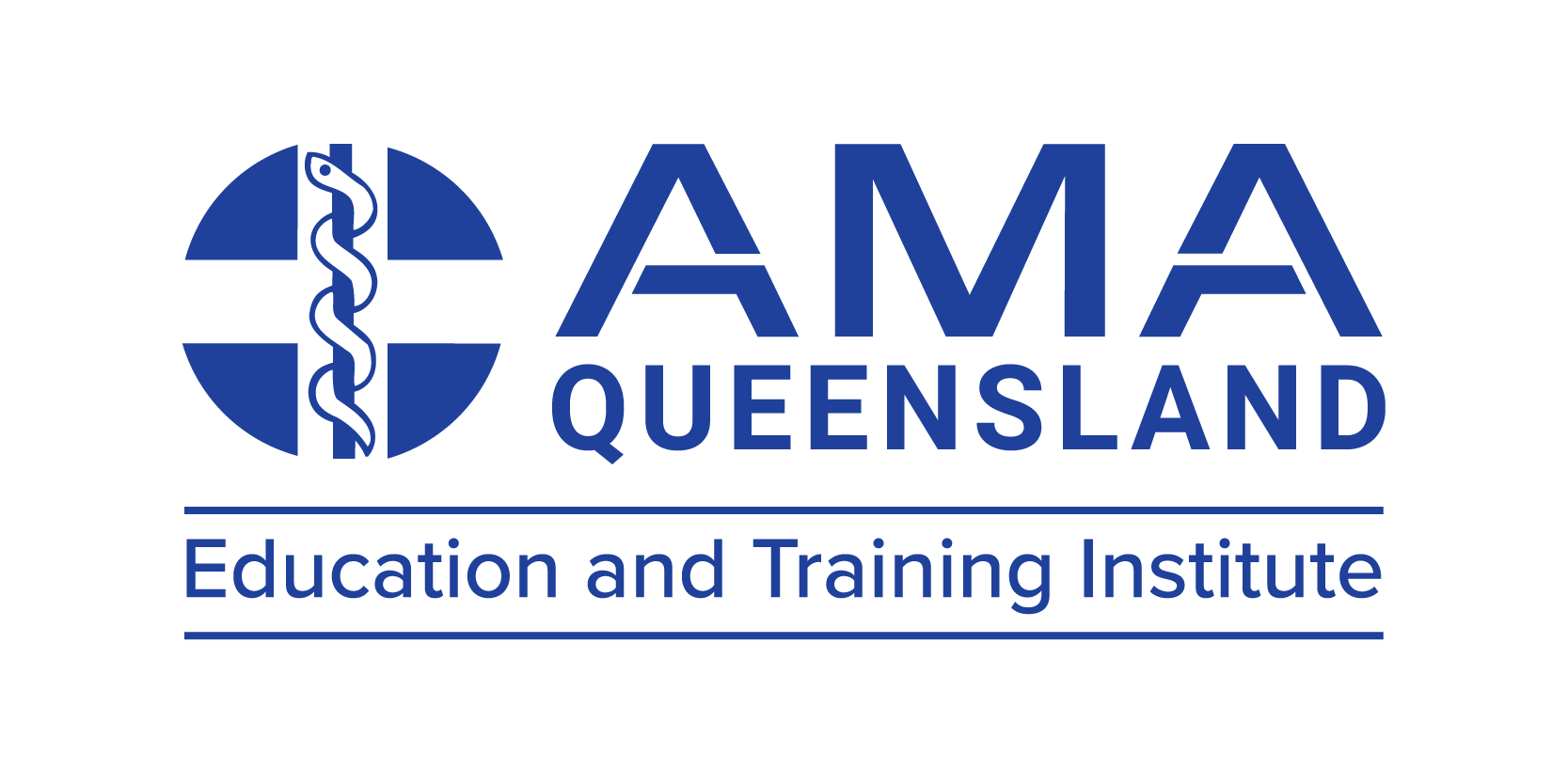Future Proof Your Career: why people should study Tech and Business now

In a world where job markets are rapidly evolving, students need to equip themselves with the right skills to stay ahead. Discover why studying technology and business is essential for future-proofing your career.
The Big Picture: National Workforce shortages
By 2030, Australia is projected to face a shortfall of nearly 250,000 skilled workers across finance, technology, and business (FTB). This shortage is driven by a growing demand for FTB talent, which is increasing at a rate of 2.2% per year, outpacing the overall job growth rate of 1.3%.
Despite the high demand, education and training pipelines are struggling to keep up. High attrition rates in IT and accounting degrees, combined with volatile vocational education and training (VET) completions, exacerbate the problem. This gap presents a significant opportunity for students to step into these fields.
Technology Skills Gap: a critical priority
The technology sector is one of the most critical areas facing a skills gap. By 2030, the demand for tech professionals is expected to reach 1,082,000, but the supply will fall short by 131,000. This shortage includes specific roles such as software development (19,600 roles), cybersecurity and data specialists (18,000), ICT managers (16,300), and network professionals (13,600).
While migrants currently hold 41% of tech roles, relying solely on migration is not a sustainable solution. There is an urgent need for domestic graduates and reskilled workers to fill these positions. This demand underscores the importance of students acquiring technology skills to secure their future in a rapidly evolving job market.
Business Skills Gap: transformation and opportunity
The business sector is also facing a significant skills gap, with a projected shortfall of 48,000 workers by 2030. Traditional clerical roles are declining, while the demand for project management, HR, compliance, and digital engagement roles is rising.
Occupations with the largest shortages include office managers (16,800), information officers (16,200), and receptionists (15,300). Students pursuing business studies will likely find themselves in high demand, with opportunities to step into leadership roles and drive organisational transformation.
Why students should care
Employers across all industries report urgent shortages in digital literacy, data analysis, AI literacy, and critical thinking skills—competencies that are now essential. By studying tech or business, students will be entering fields where demand is high, jobs are diverse, and opportunities for leadership and innovation are abundant.
These shortages translate to stronger job security, higher salaries, and global mobility for those who build these skills now. It's not just about landing a job, it's about securing a career with long-term potential in a fast changing economy.
Take Action Now: invest in your future
The above statistics indicate a loose recommendation to explore pathways in IT, business, and finance, whether through vocational education and training (VET), higher education, or short digital skills courses. The skills acquired today will be invaluable in future-proofing your career.
Embrace the challenge, stay ahead of the curve, and secure a successful and fulfilling career in a dynamic, fast-evolving job market.
*all statistics gathered from the Future Skills Organisation Workforce Plan 2025

